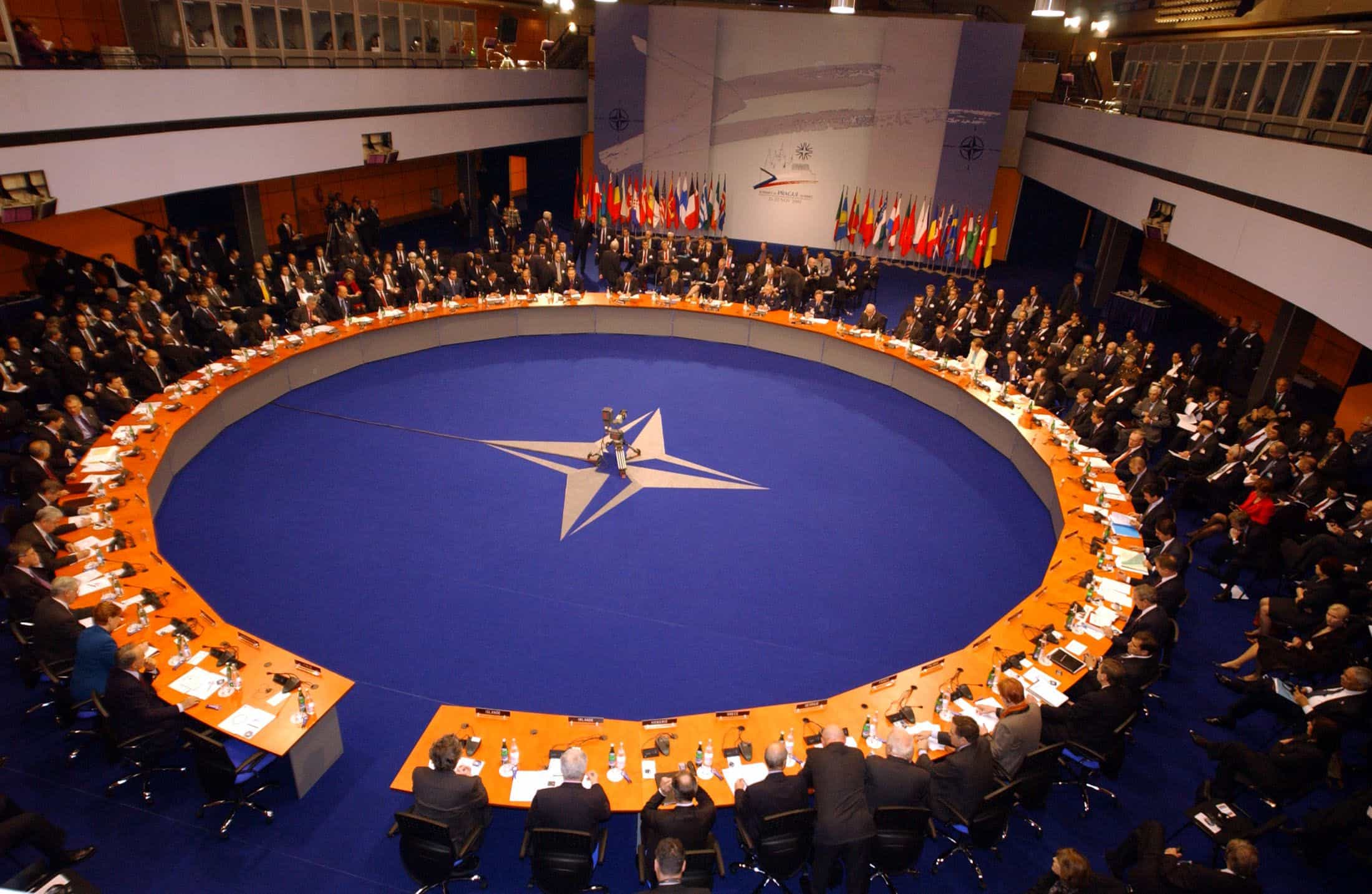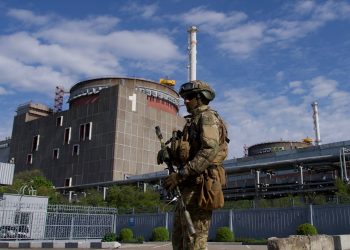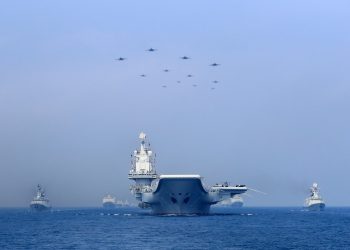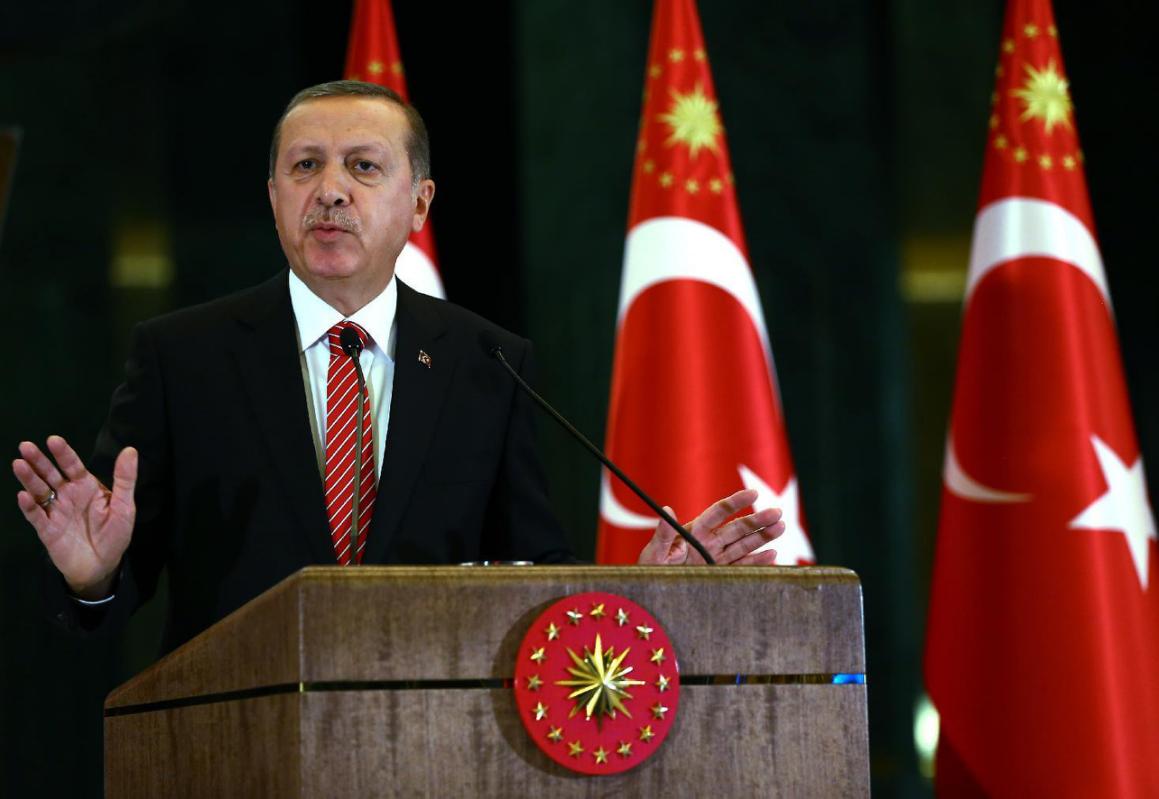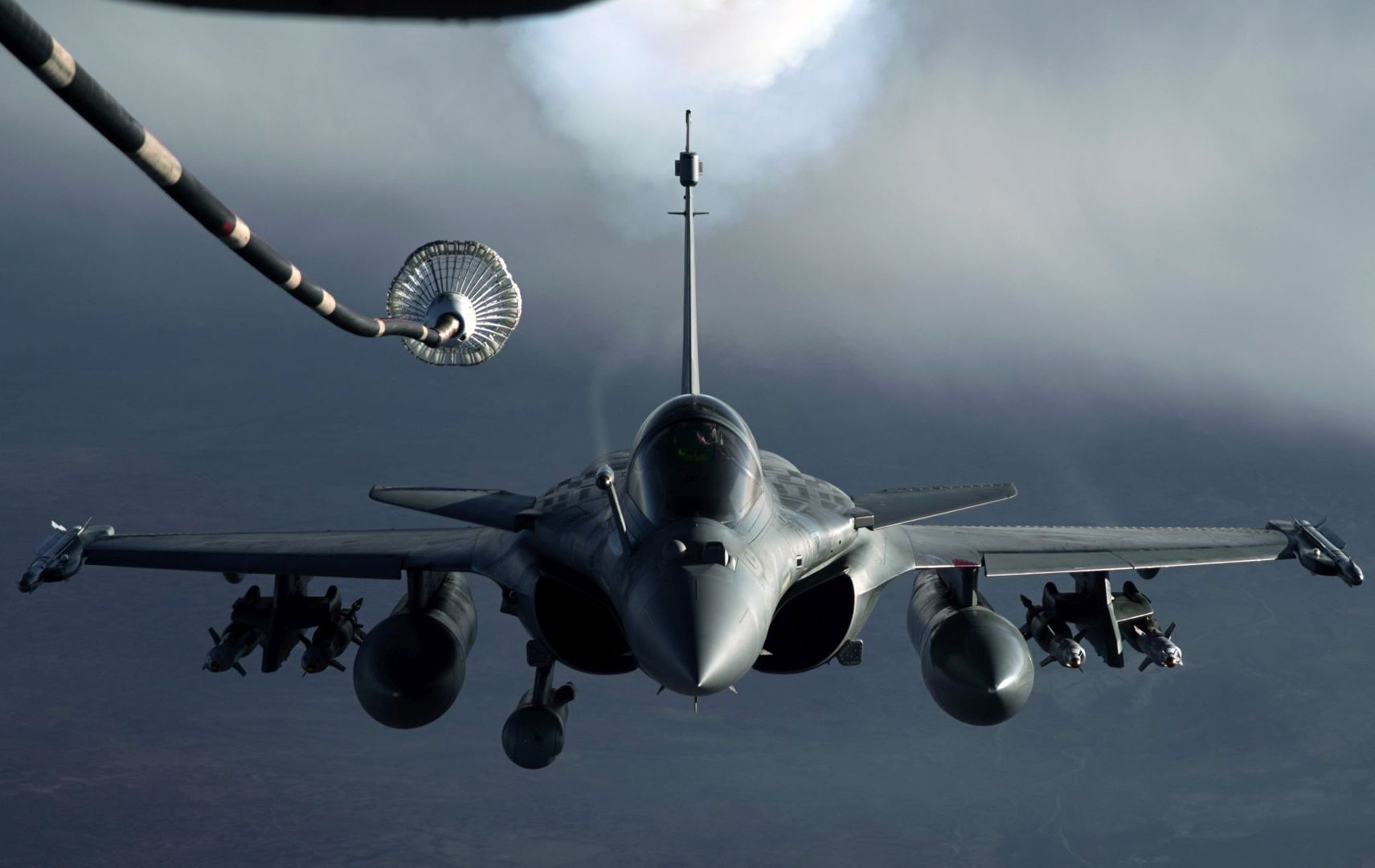From Berlin to Washington, Germany’s role in the trans-Atlantic alliance has taken center stage. But what does Germany actually do for NATO? DW examines its strategic role amid a spat prompted by US President Trump.
In Germany, the question of defense spending has become a contentious topic ahead of key parliamentary elections slated for September, with officials of the ruling “grand coalition” backing differing views.
German Chancellor Angela Merkel and Defense Minister Ursula von der Leyen of the Christian Democratic Union (CDU) have vowed to increase defense spending and meet NATO’s target of 2 percent of GDP by 2024.
On the other side, Foreign Minister Sigmar Gabriel of the Social Democrats (SPD) has cast doubt on the prospect of increasing defense spending “in this form,” saying other factors should be included in determining how the target is assessed.
But CDU politician Norbert Röttgen on Monday lashed out at Gabriel’s remarks, telling the “Frankfurter Allgemeine Zeitung” that the SPD, and more so the foreign minister, “should not use this issue as a domestic election campaign theme, but rather be responsible for Germany.” The issue has divided the center of German politics, but why now?
The divisions stem from US President Donald Trump’s ultimatum that NATO member states meet the defense spending target of 2 percent of GDP. If they fail to do so, Washington has threatened to withdraw its full commitment to the alliance.
“America will meets its responsibilities, but if your nations do not want to see America moderate its commitment to this alliance, each of your capitals needs to show support for our common defense,” US Defense Secretary James Mattis said after meeting NATO defense ministers in Brussels in February.
This created a tense situation across the trans-Atlantic alliance, and seemed to ignore the fact that NATO member states had already agreed in 2014 to meet the target by 2024. The commitment agreed upon in Wales that year stemmed from a pledge member states made in 2006 “to commit a minimum of 2 percent of their GDP to spending on defense.”
Tensions flared again in the wake of Merkel’s visit to Washington last week, with Trump tweeting that “Germany owes vast sums of money to NATO and the United States must be paid more for the powerful, and very expensive, defense it provides to Germany.”
German Defense Minister Ursula von der Leyen, who supports the 2-percent target, issued a statement on Sunday, saying: “There is no account where debts are registered with NATO.”
Responding to Trump’s remarks, analysts have pointed out that the alliance doesn’t work in that way, and that no cash is in fact owed to the organization for defense purposes or otherwise.
Berlin spends on alliance
US defense expenditure represents 72 percent of defense spending across the trans-Atlantic alliance, according to NATO.
“This does not mean that the United States covers 72 percent of the costs involved in the operation running of NATO as an organization, including its headquarters in Brussels and its subordinate military commands,” NATO said in a description of defense spending across the alliance.
“But it does mean that there is an over-reliance by the alliance as a whole on the United States for the provision of essential capabilities, including for instance, in regard to intelligence, surveillance and reconnaissance; air-to-air refueling; ballistic missile defense; and airborne electronic warfare,” it added.
While Washington is the largest contributor to “NATO common-funder budgets and programs,” funding 22 percent of them, Berlin comes in second, paying for nearly 15 percent of the civil and military budgets and NATO’s security investment program for 2016 and 2017.
France and the UK, the third and fourth-largest contributors, trail behind Washington and Berlin, providing 10.6 and 9.8 percent of the cost-sharing budgets and programs, respectively.
Support: More than money
But Berlin has offered more than monetary resources to the alliance. “Germany is contributing some 4,700 personnel for ongoing operations for whom the security architecture of NATO, the EU, the United Nations and the Organization for Security and Co-operation in Europe (OSCE) form the frame,” according to NATO headquarters.
In February, 450 Bundeswehr soldiers and 30 tanks arrived in Lithuania as part of NATO’s “enhanced forward presence” in the Baltic region.
Read more: ‘NATO: Russia targeted German army with fake news campaign’
Last year, Germany provided the main support ship for NATO’s deployment to the Aegean Sea to “conduct reconnaissance, monitoring and surveillance of illegal crossings” in Greek and Turkish territorial waters at the height of the migration crisis.
Berlin has approximately 980 soldiers stationed in Afghanistan for NATO’s Resolute Support mission, which aims to “train, advise and assist the Afghan security forces and institutions” after the end of the decade-long International Security Assistance Force (ISAF) mission.
Germany also represents the second-largest contributor to NATO’s Kosovo force (KFOR) with 550 troops deployed to maintain a “safe and secure environment in Kosovo.”
The former West Germany officially joined the trans-Atlantic alliance in 1955 and integrated the former East Germany in 1990 during reunification.

